Understanding the New World Order
The term “New World Order” (NWO) has been used to describe an emerging global governance structure characterized by increased political, economic, and social control by a small number of elites. This concept often evokes fears about loss of sovereignty, personal freedoms, and national identities. Consequently, various movements and ideologies have emerged as resistance against this perceived development.
Historical Context of the NWO
Historically, the idea of a New World Order can be traced back to significant events like the end of World War I and II. After these wars, global leaders sought mechanisms for peace and stability, resulting in institutions like the United Nations. However, conspiracy theorists argue that these efforts masked hidden agendas aimed at establishing a global totalitarian regime.
Conspiracy Theories Surrounding the NWO
Prominent conspiracy theories suggest that secret societies or elite groups, such as the Illuminati or the Freemasons, are orchestrating the NWO. These theories often exploit public distrust in institutions and appeal to fears about loss of individual autonomy. Notable theorists include figures like David Icke and Alex Jones, who have garnered substantial followings and helped propagate these narratives.
Major Resistance Movements
Resistance against the New World Order has manifested in various movements across the globe. While not all groups share the same ideology or methods, they are united by a common skepticism of centralized power.
The Sovereign Movement
The Sovereign Movement raises questions about governmental authority and individual rights. Adherents believe they are separate from state control, advocating for a return to constitutional principles and personal liberty. This movement often draws upon historical documents to assert the idea of natural rights and unwritten laws.
The Libertarian Movement
Libertarians argue for minimal state intervention in personal and economic matters, viewing the NWO as a pathway to increased governmental control. Prominent libertarian thinkers such as Ron Paul and Murray Rothbard promote individual freedoms, unregulated markets, and non-interventionist foreign policy. The movement emphasizes private property rights and opposes taxations perceived as encroachments on personal freedoms.
The Anti-Globalization Movement
Emerging in the late 1990s, the anti-globalization movement protests against neoliberal economic policies and the perceived dominance of multinational corporations over local economies and cultures. Activists, such as those involved in the protests against the World Trade Organization, argue that globalization undermines local businesses, labor rights, and environmental protections.
The Tea Party Movement
In the United States, the Tea Party emerged in response to what many viewed as overreach by the federal government—particularly during the Obama administration. The movement champions reduced government spending, lower taxes, and a return to constitutional principles, framing its agenda as a fight against the encroachment of the NWO.
Environmental Movements
Many environmental movements perceive the NWO through a lens of ecological sustainability. Groups like Extinction Rebellion criticize global corporations and governments for prioritizing profit over planetary health, warning that such policies pave the way for authoritarian control. They advocate for grassroots activism and systemic changes that respect both human and ecological rights.
Ideological Frameworks and Opposition Narratives
Each movement’s ideological framework offers a perspective on why the NWO is perceived as a threat, and how to resist it effectively.
Populism
Populist ideology emphasizes the voice of the “common people” against the elites. Populist leaders often rally against globalist agendas that undermine national identity and sovereignty, arguing for policies that prioritize local interests.
Nationalism
Nationalist movements assert that sovereignty and cultural identity should be preserved against globalist influences. They call for strict immigration policies, economic protectionism, and reaffirmation of national values. Nationalism has gained traction in various countries, triggering debates about globalization and its associated challenges.
Civil Liberties Movements
Civil liberties groups like the ACLU (American Civil Liberties Union) resist elements of the NWO by advocating for the protection of individual freedoms against government surveillance and control. They argue that civil liberties are fundamental to resisting authoritarianism and preserving democratic governance.
The Role of Technology and Information
The digital age has transformed the landscape of resistance against the NWO. Social media platforms have become battlegrounds for information dissemination, allowing movements to organize rapidly. However, the same platforms are often utilized by elites to monitor dissent, complicating the dynamics of resistance.
Grassroots Mobilization
Grassroots movements leveraging technology often use online petitions, social media campaigns, and viral videos to galvanize support. The #MeToo movement and various climate change protests exemplify how digital technologies empower individuals, allowing vast networks to unite dynamically.
Impact of Misinformation
While technology supports movement-building, misinformation presents significant challenges. Propaganda, fake news, and echo chambers can mislead activists and supporters, creating rifts among resistance efforts. Strong media literacy initiatives are crucial to combat these challenges and ensure informed activism.
Conclusion: Navigating the Complex Landscape of Resistance
Resistance movements against the New World Order arise from diverse ideologies, operating within a nuanced socio-political landscape. As these groups continue to evolve, their interplay with global and technological shifts will dictate their effectiveness in promoting their ideals and influencing policy on a larger scale. Understanding these multifaceted dynamics is essential for anyone engaged in contemporary socio-political debates.

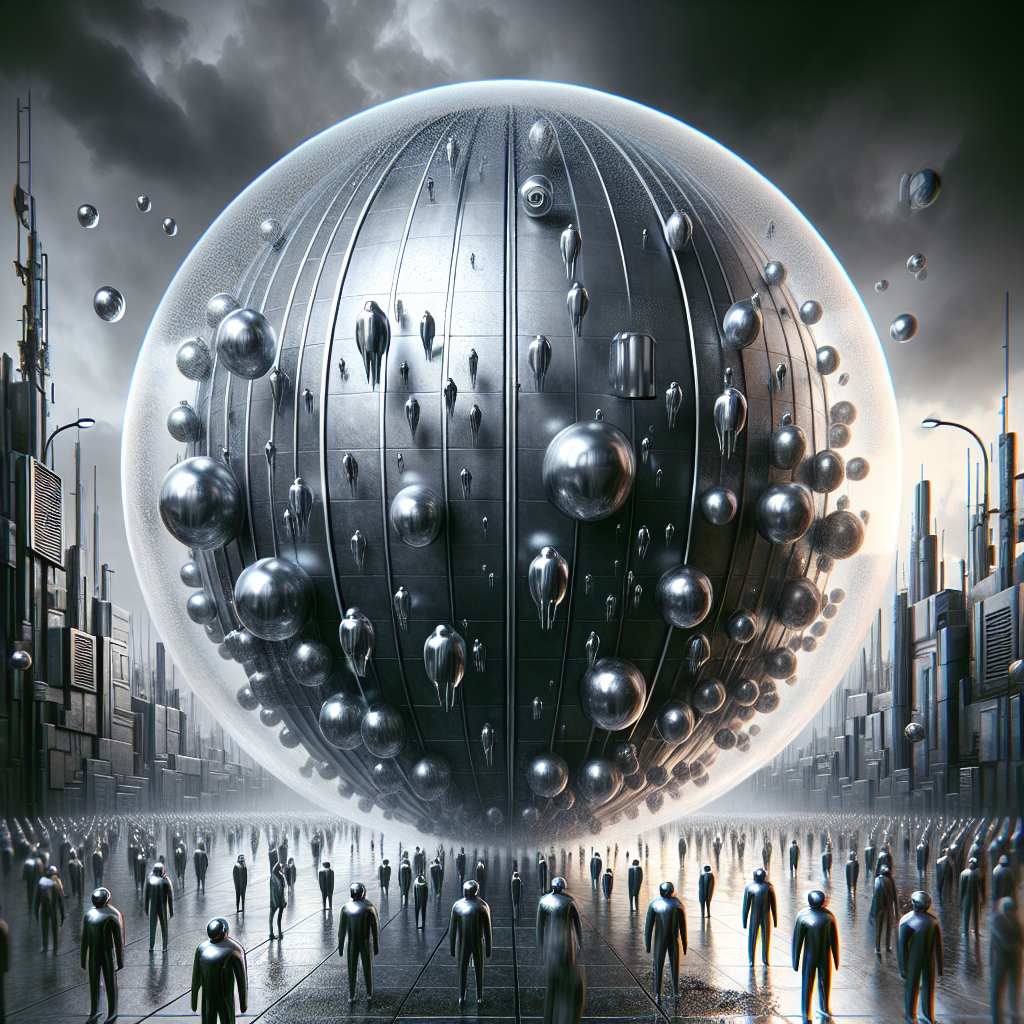

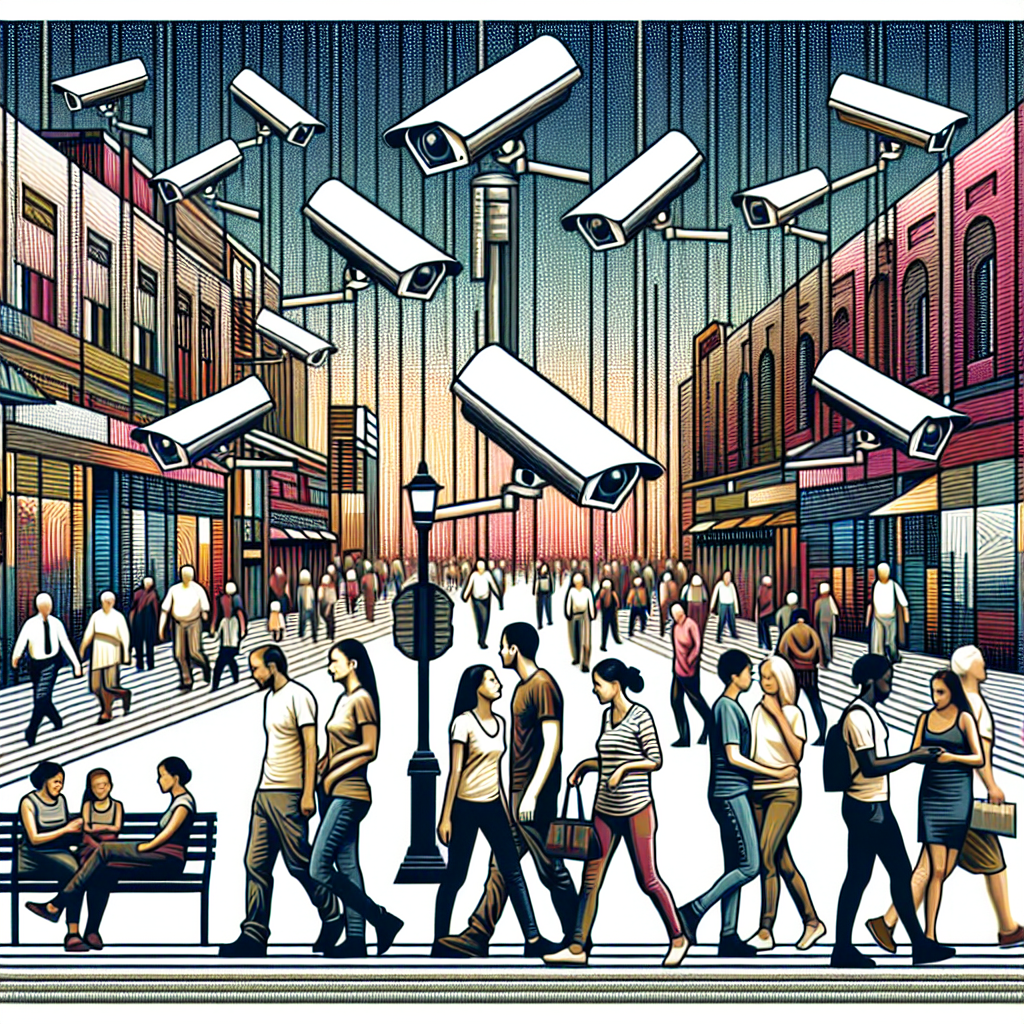



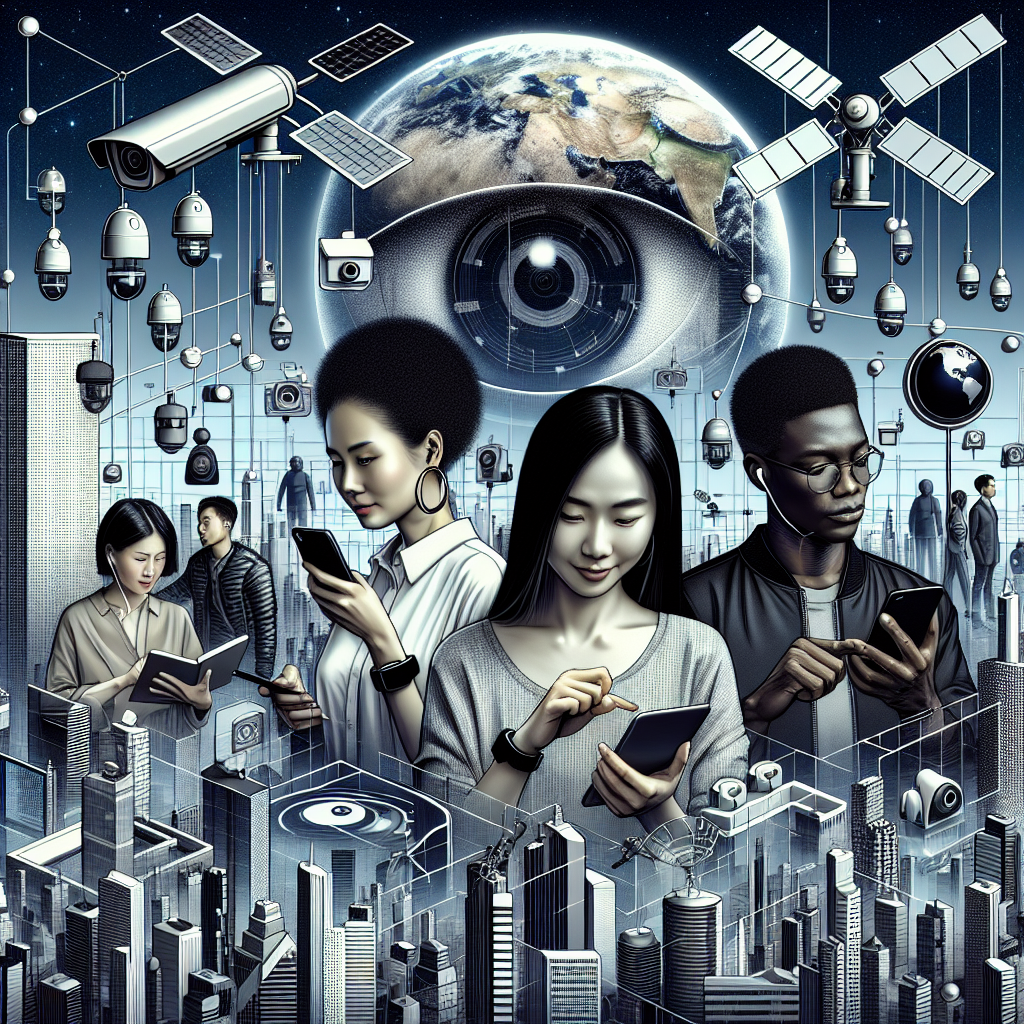
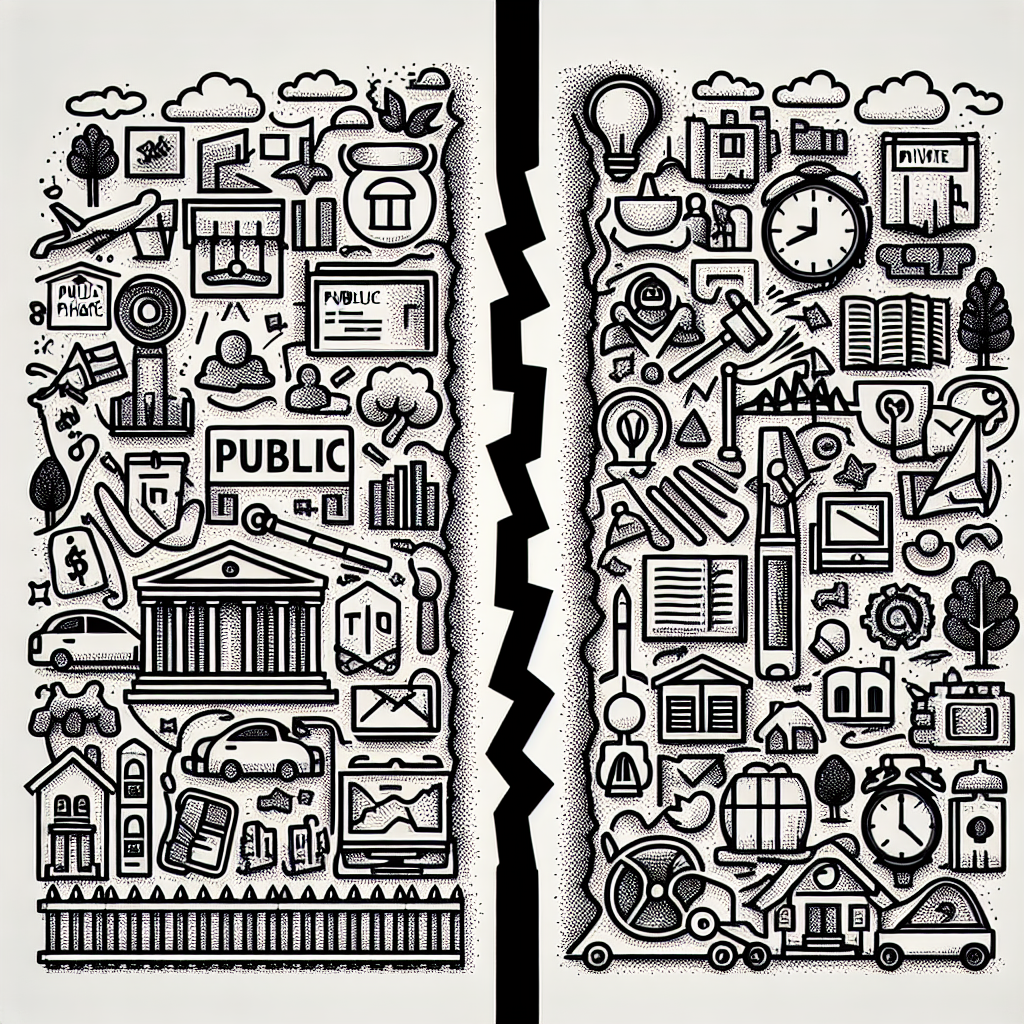
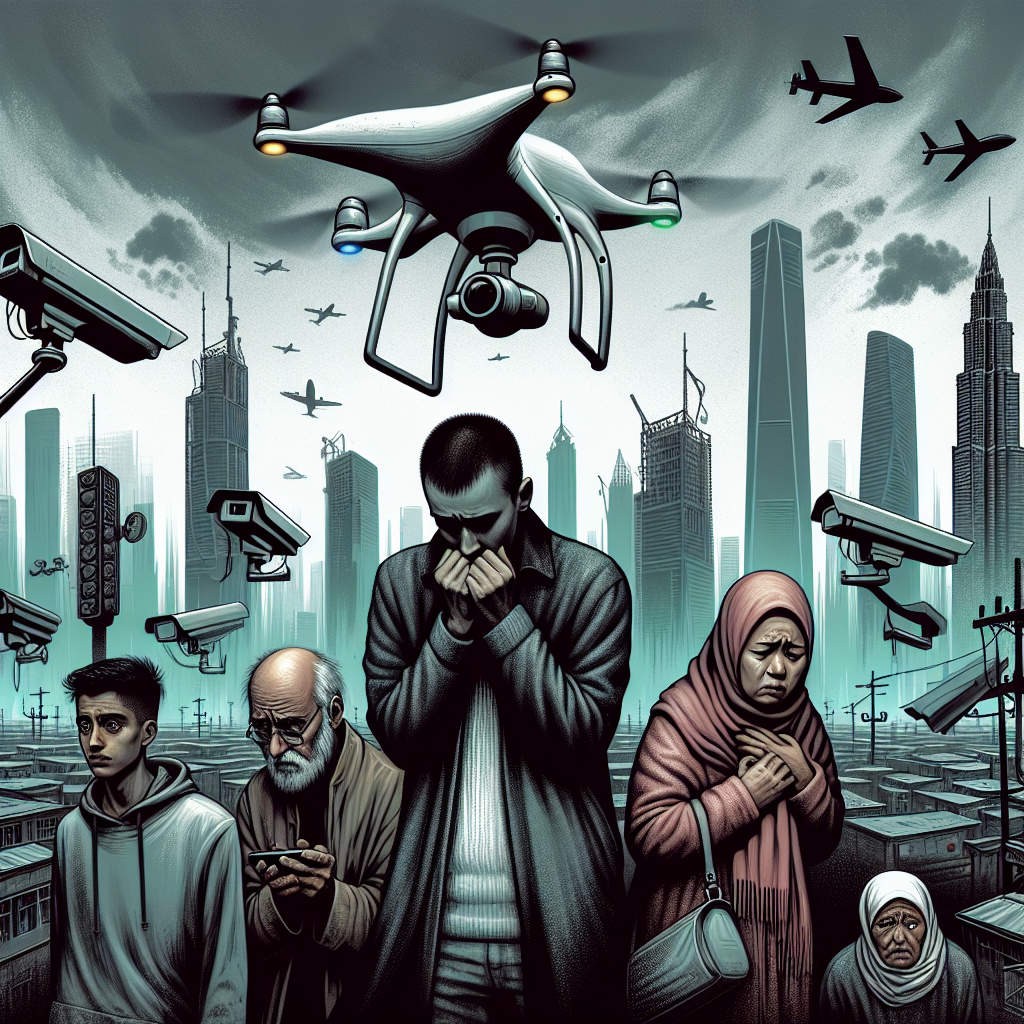



Leave a Reply